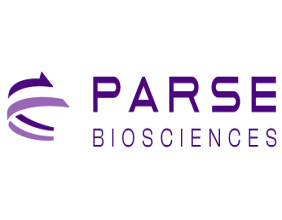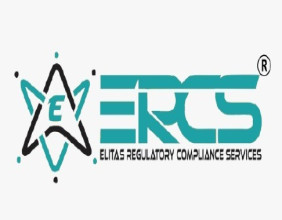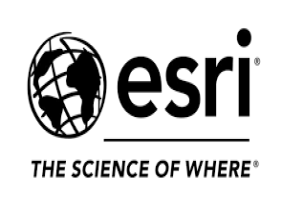Highlights
- ResMed (RMD) shows solid financial growth with strong revenue and profit metrics
- Valuation metrics indicate RMD shares are trading below historical averages
- Net cash position and healthy returns reinforce the company's stability
ResMed (ASX:RMD), a prominent name among ASX200 stocks, has seen its share price rise by 6.84% since the start of 2025. As investors review the healthcare space, RMD’s valuation and financial strength have become areas of keen interest.
A Global Leader with a Local Legacy
Though headquartered in San Diego, ResMed was founded in Australia and retains its ASX listing as a CHESS Depositary Interest (CDI), trading under (ASX:RMD). The company is a global leader in medical equipment, primarily known for its CPAP (continuous positive airway pressure) devices for treating obstructive sleep apnea (OSA). It operates through two main business units: Sleep and Respiratory Care, and Software as a Service (SaaS).
ResMed has a robust international footprint, serving over 140 countries with a workforce exceeding 10,000. Beyond hardware such as masks and ventilators, the company leverages its SaaS platform to provide valuable data insights for out-of-hospital care, aiding in cost reduction and patient outcome improvement.
Financial Trajectory and Core Metrics
RMD’s financial health appears compelling. In its most recent fiscal year, the company generated US$4.69 billion in revenue, growing at a compound annual growth rate (CAGR) of 13.6% over three years. This growth isn’t just in sales — profitability has nearly doubled over the same period. From a profit of US$475 million three years ago, the figure has surged to US$1.02 billion, delivering a CAGR of 29.1%.
The company’s gross margin stands at a strong 57.4%, reflecting resilience and efficiency in its core offerings. Return on equity (ROE) for FY24 reached 22.7%, signaling effective capital allocation and sustained profitability.
Solid Capital Structure and Valuation
From a balance sheet perspective, ResMed has a net debt of -US$624 million, meaning it holds more cash than debt — a desirable trait, especially amid volatile interest rate environments. Its debt-to-equity ratio of 18.0% suggests conservative leverage, enhancing its financial stability.
Valuation-wise, the price-to-sales ratio of 5.35x sits significantly below its five-year average of 8.70x. While this could signal a dip in investor sentiment or market correction, the company’s consistent growth supports the view that shares may be undervalued in context.
Final Word
For those following the evolution of ASX200 stocks, ResMed’s current positioning highlights a combination of stable financials, growth momentum, and a valuation that stands below its historical norm. While market conditions evolve, ResMed (RMD) continues to demonstrate strong fundamentals that merit attention.




